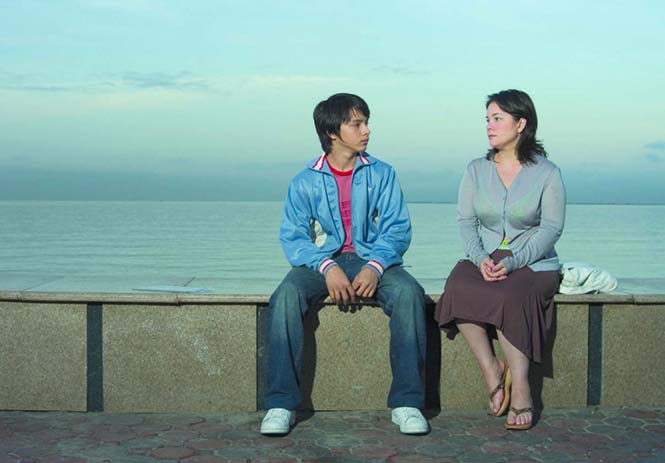Drawing attention to the insights and initiatives of female creators is especially meaningful. One such initiative is DaangDokyu.ph, a platform launched to open a virtual home for Filipino documentaries.
Over a hundred documentaries from and about the Philippines are now featured in a growing online database that includes titles from 1913 to the present, making nonfiction films now easier to find and learn about. Designed to make documentaries more accessible for use in educational campaigns and advocacy work, the platform also features a channel for film event organizers to connect with filmmakers and producers. Filmmakers looking to promote their films may also submit their work and be featured on the site to enjoy a larger public network.
In this age of misinformation and fake news, DaangDokyu.ph is addressing the greater need for credible content and stories. With a historic national election just around the corner, access to truthful narratives has never been so important. Thus, audiences, advocates, educators, and organizers are invited to explore the over a hundred film pages and, in many cases, follow links to free and paid streaming videos provided by the filmmakers themselves. DaangDokyu.ph will also host a library of preview screeners for organizers and programmers who are looking to screen relevant Filipino documentaries at their events.
Presented by the all-female Filipino Documentary Society (FilDocs), and led by filmmaker and project director Jewel Maranan, the creation of the platform is made possible in partnership with the Cultural Center of the Philippines which opened an Innovations Grant for artistic initiatives during the Covid-19 pandemic. In 2020, FilDocs brought to the public the widely appreciated Daang Dokyu Film Festival which streamed a curated program of Filipino documentaries as part of the celebrations for the centennial of Philippine cinema. It is a nonprofit organization that aims to support documentary production in the Philippines, founded by filmmakers Maranan, Coreen Jimenez, Kara Magsanoc-Alikpala. and Baby Ruth Villarama.
Gathering pieces of the Filipino story
“Much work has to be done in locating Filipino documentaries and getting them seen by more and more people. Now that we are actually beginning to witness the public’s hunger for historical evidence in today’s information landscape and political discourse, finding documentaries has never been more important“, Jewel Maranan, DaangDokyu.ph Project Director explained.
The seed for this project was planted by Maranan, who began working on mapping the Philippine documentary community in 2018. Through this mapping project, and the Daang Dokyu Festival in 2020, over 1,500 documentary titles were found, building a broad starting point from where one might begin to trace the Filipino story recorded in documentary films through the decades.
For this initial public offering, only a fraction of those titles are currently being hosted on DaangDokyu.ph; but DaangDokyu.ph aims to organically grow the online database through a rolling call for submissions from filmmakers and producers, of both new and old works.
Making sense of shared narratives
DaangDokyu.ph provides space to explore and space to connect, but it is first and foremost a space to learn.
Along with the dokyubase, the screener library, and the channels to connect and contribute to the community, DaangDokyu.ph also devotes a section to Stories and Artists, where visitors are invited to dive in to master classes and eavesdrop on roundtable discussions and conversations with the thinkers and changemakers who all labor to commit our shared narratives and collective truths to film.
DaangDokyu.ph also provides access to the Dok Book that accompanied the 2020 Daang Dokyu Festival. Edited by film critic and educator, Richard Bolisay, the Dok Book compiles essays from the festival directors and curators, alongside filmmakers and academics writing around themes of Martial Law, history, nation-building, art, filmmaking, identity, localities, and ecology.
Today’s web and social media users are inundated with text and images that make it difficult to distinguish what’s fake from what’s real. Sites like DaangDokyu.ph do not only attempt to organize this deluge of information, they provide clarity and coherence, serving as beacons pointing viewers closer to truthful, credible and evidence-based narratives.
























































































